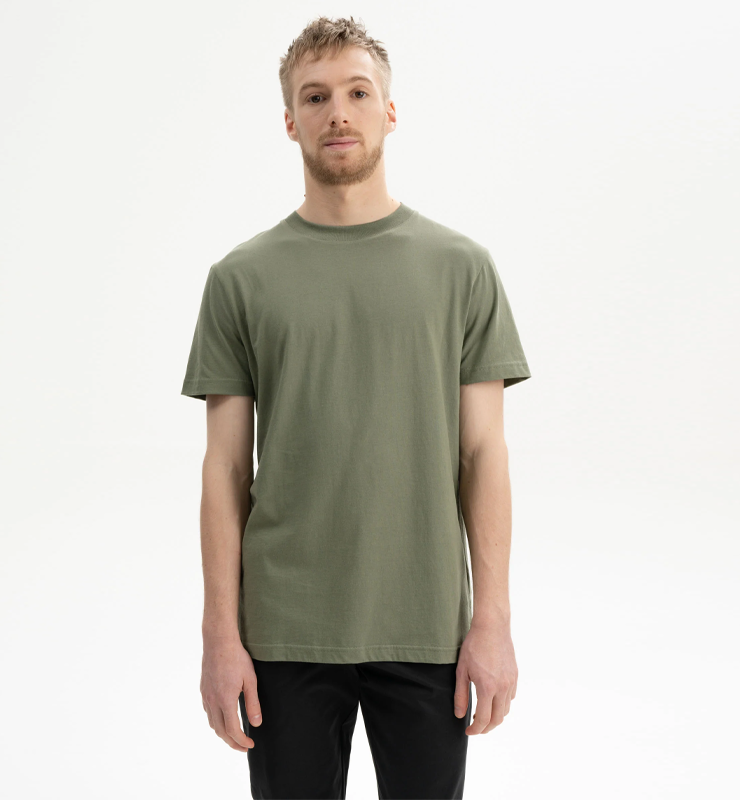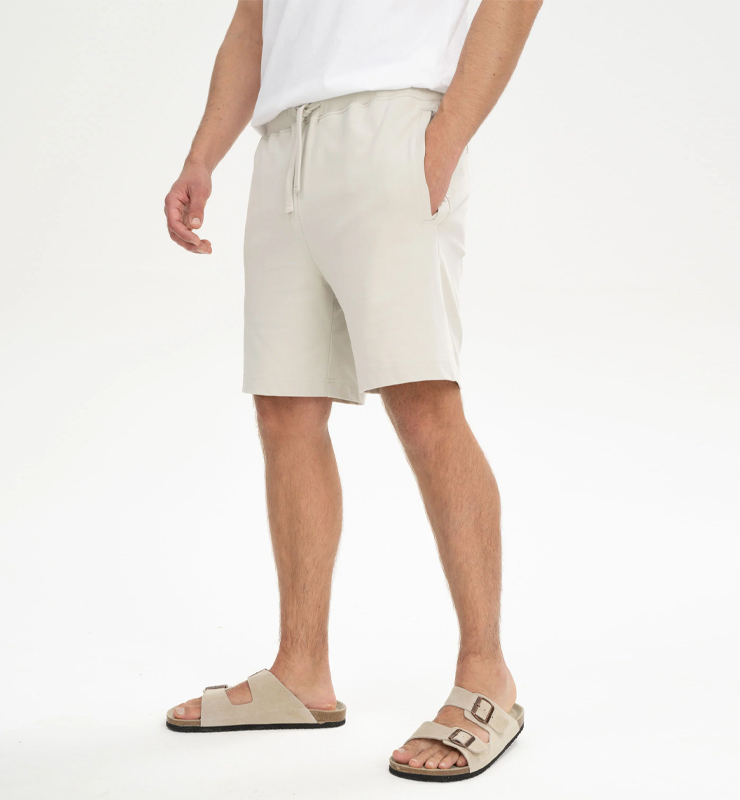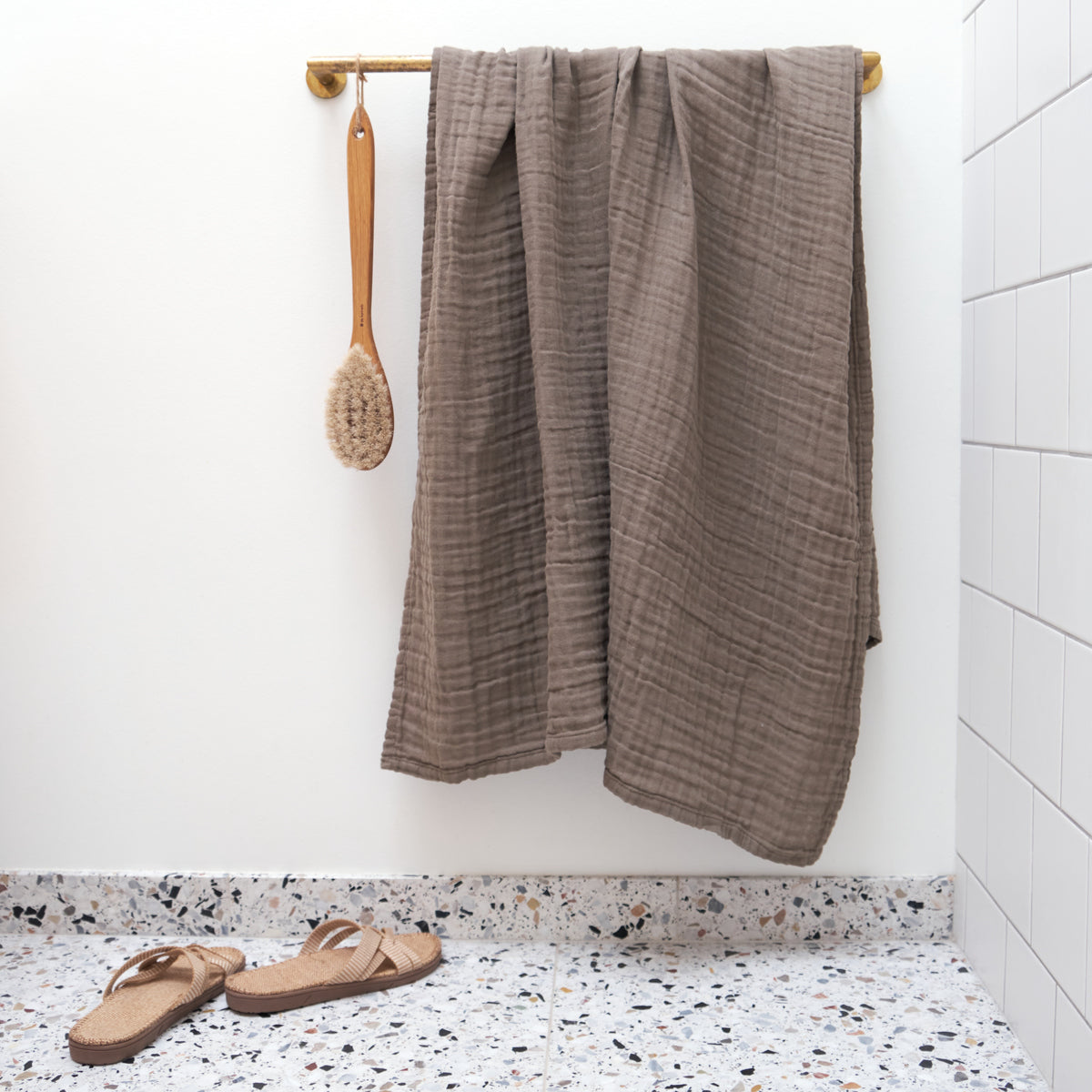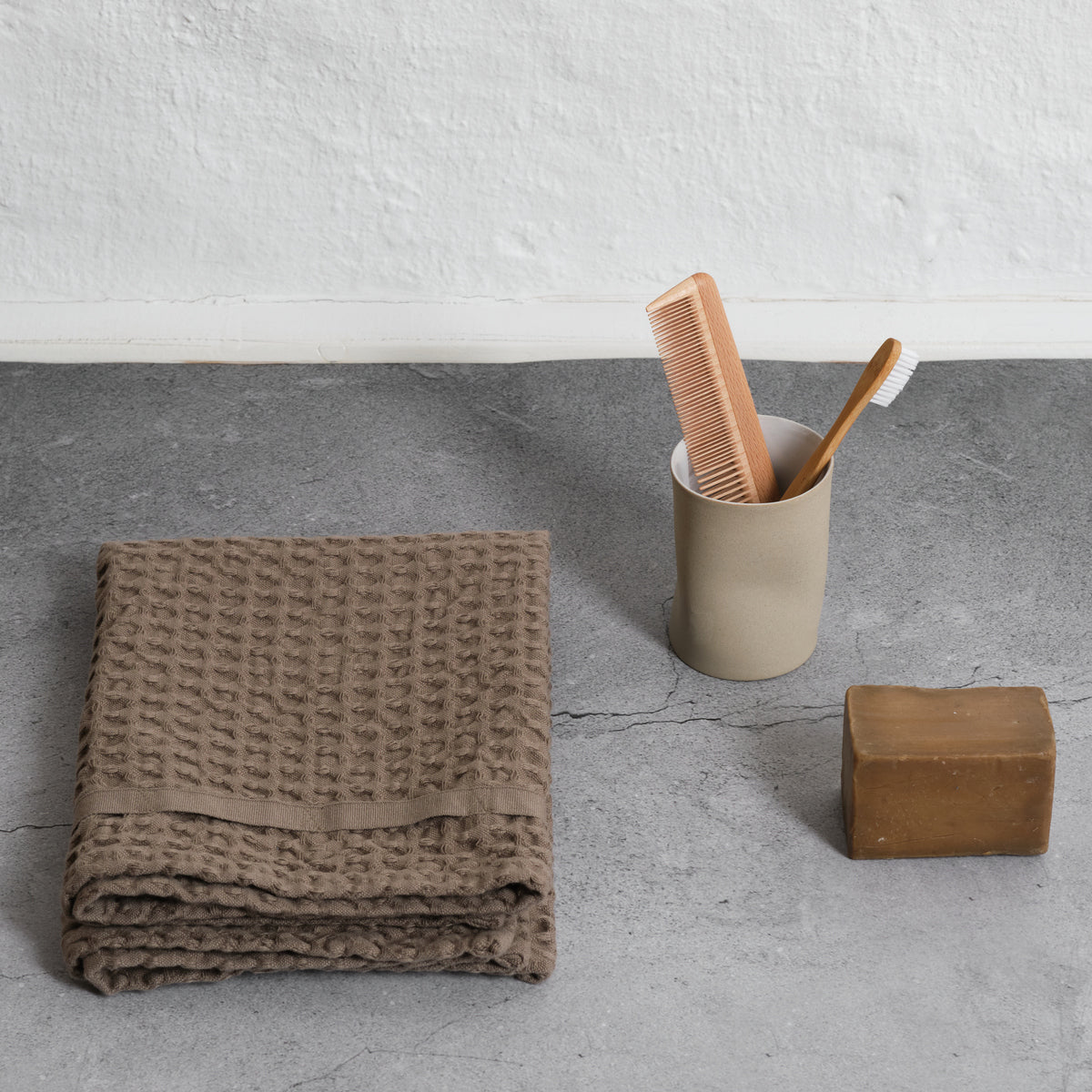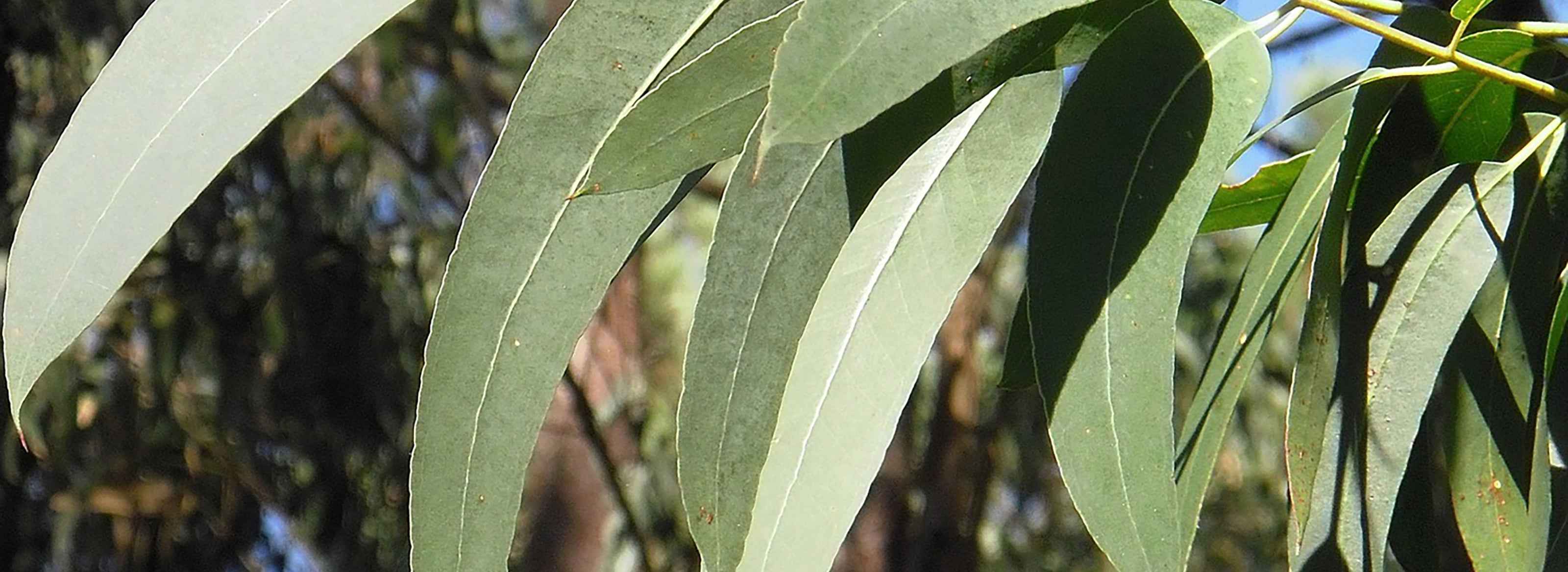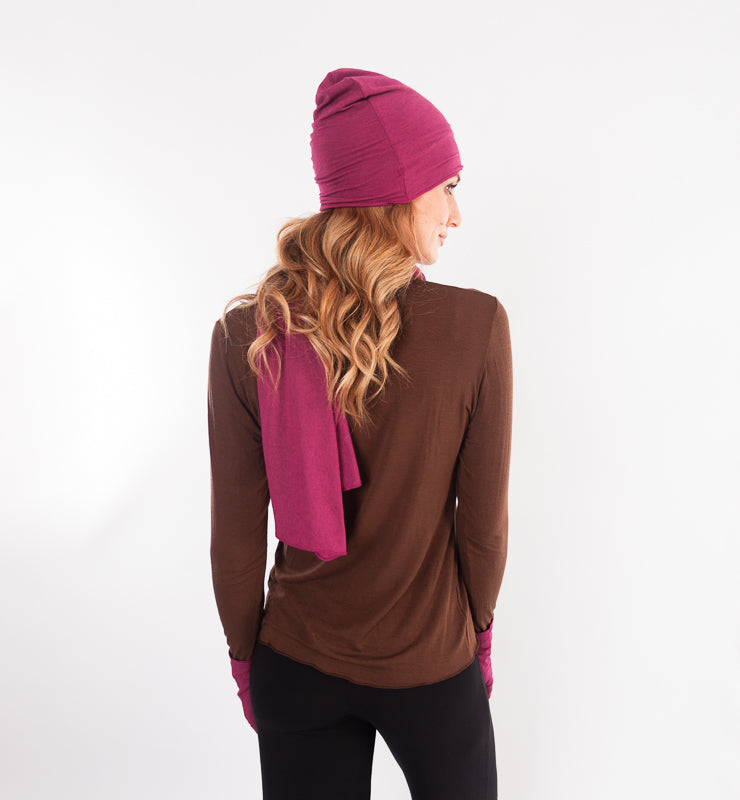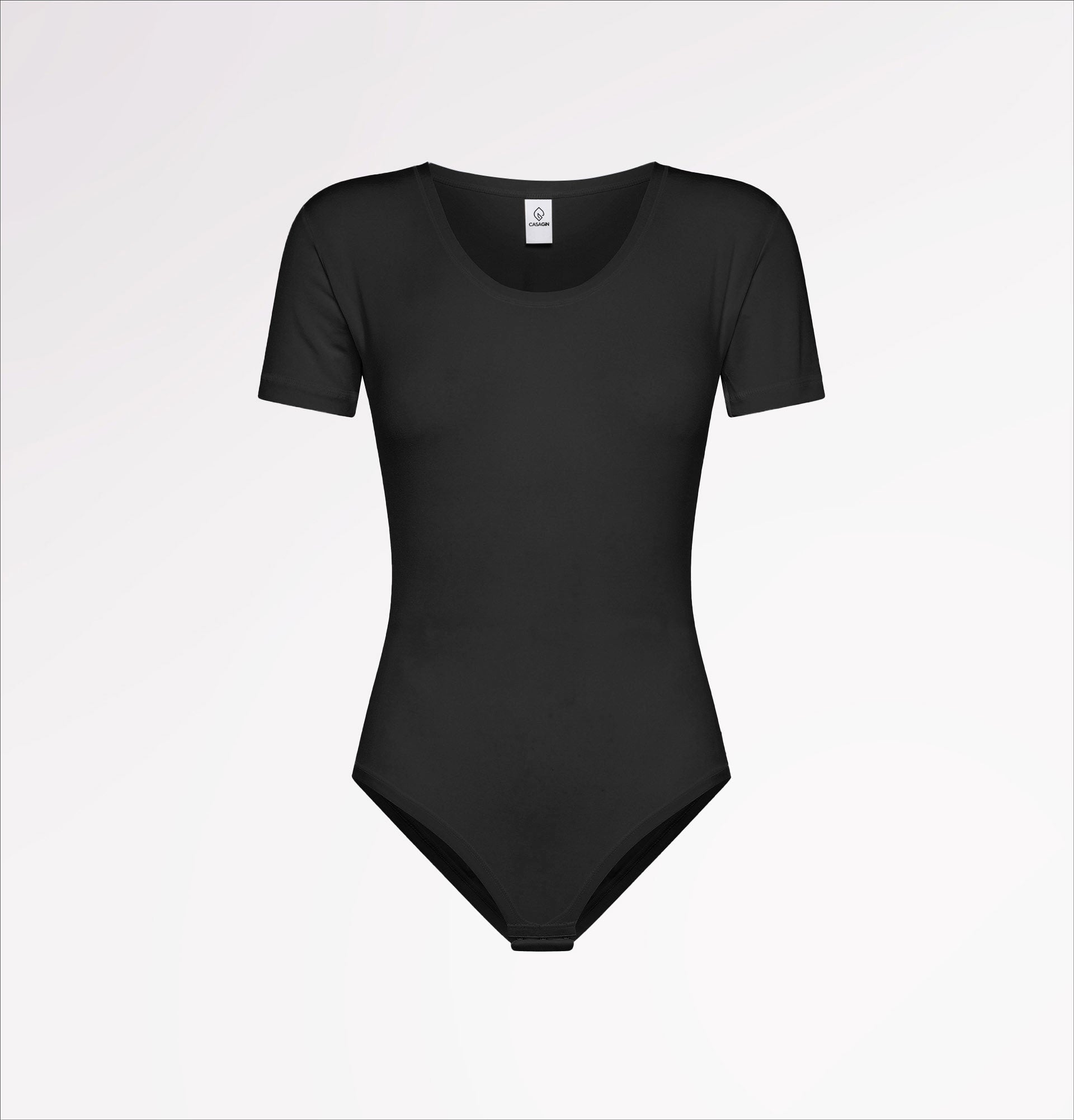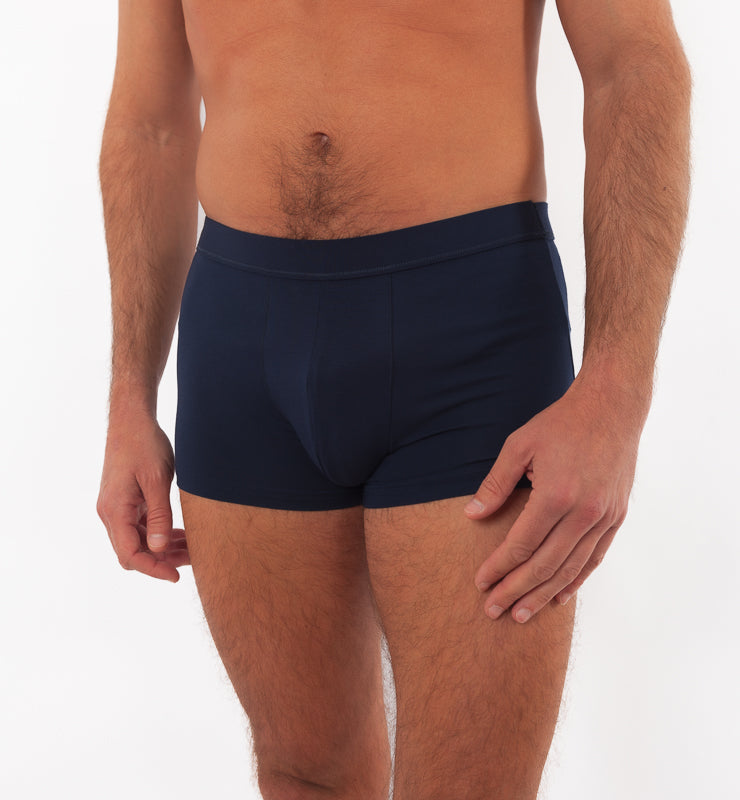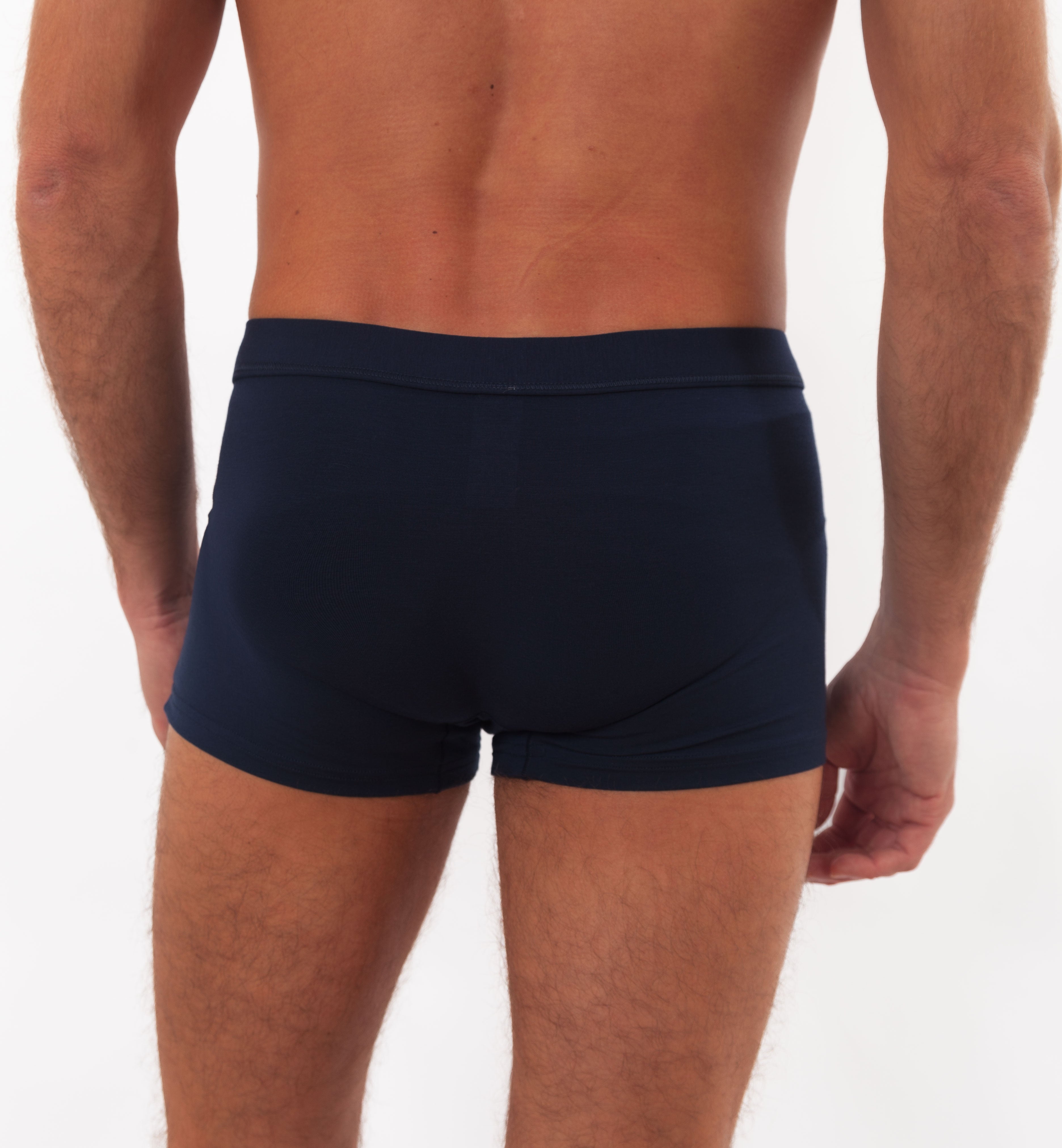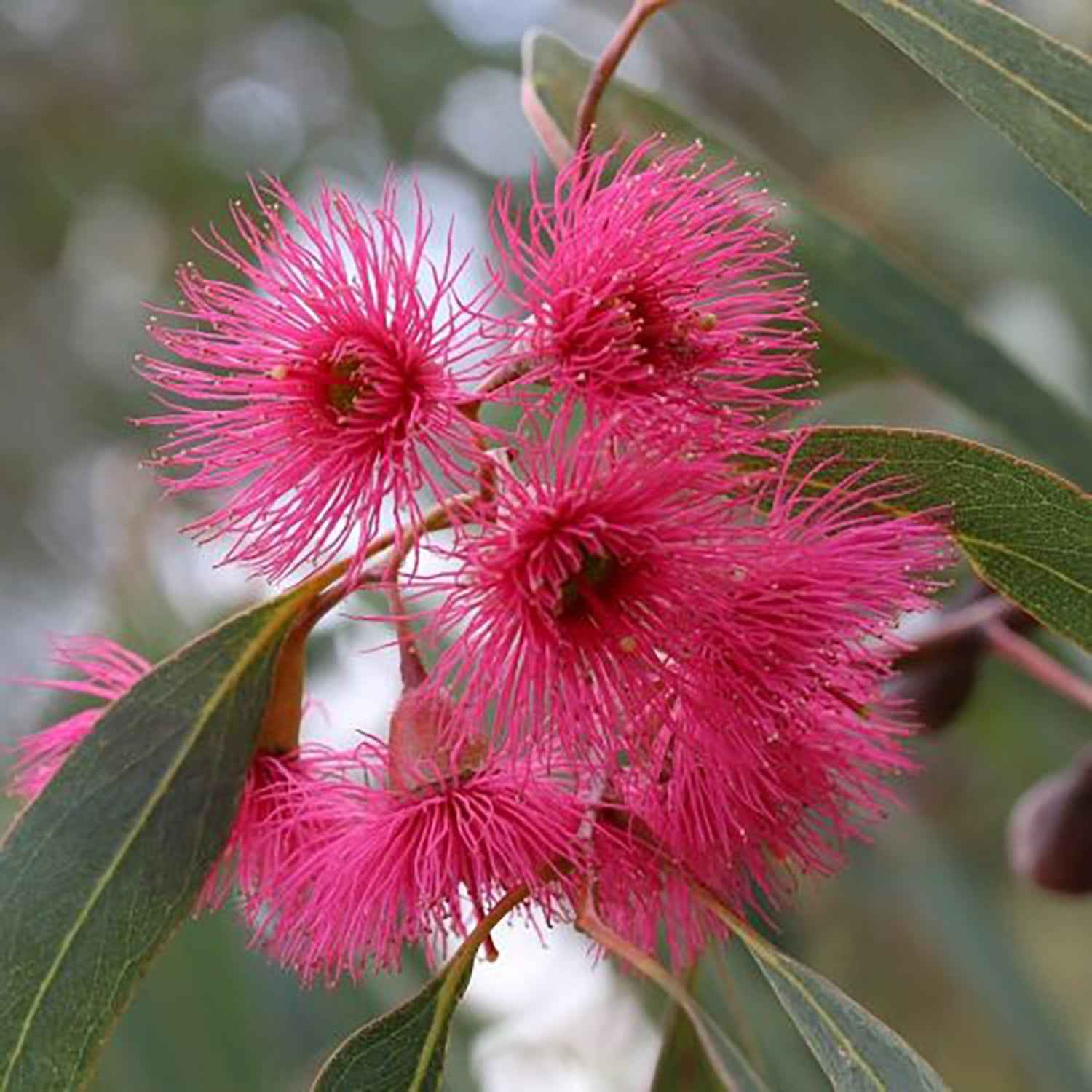
Eucalyptus fiber
From eucalyptus wood comes the TENCEL™ Lyocell fabric, whose production is considered revolutionary: ecological and economical.
Eucalyptus grows very quickly and is grown in sustainable forest plantations without the need for artificial irrigation or genetic manipulation. Unlike traditional cotton, therefore, it is produced without the use of water and pesticides.
Eucalyptus can be grown on marginal yield areas that cannot be used for food production. As a result, the productivity of the fibers is 10 times higher than that of cotton. From 6m2 of land, 10 eucalyptus fiber t-shirts are obtained against 1 cotton one.
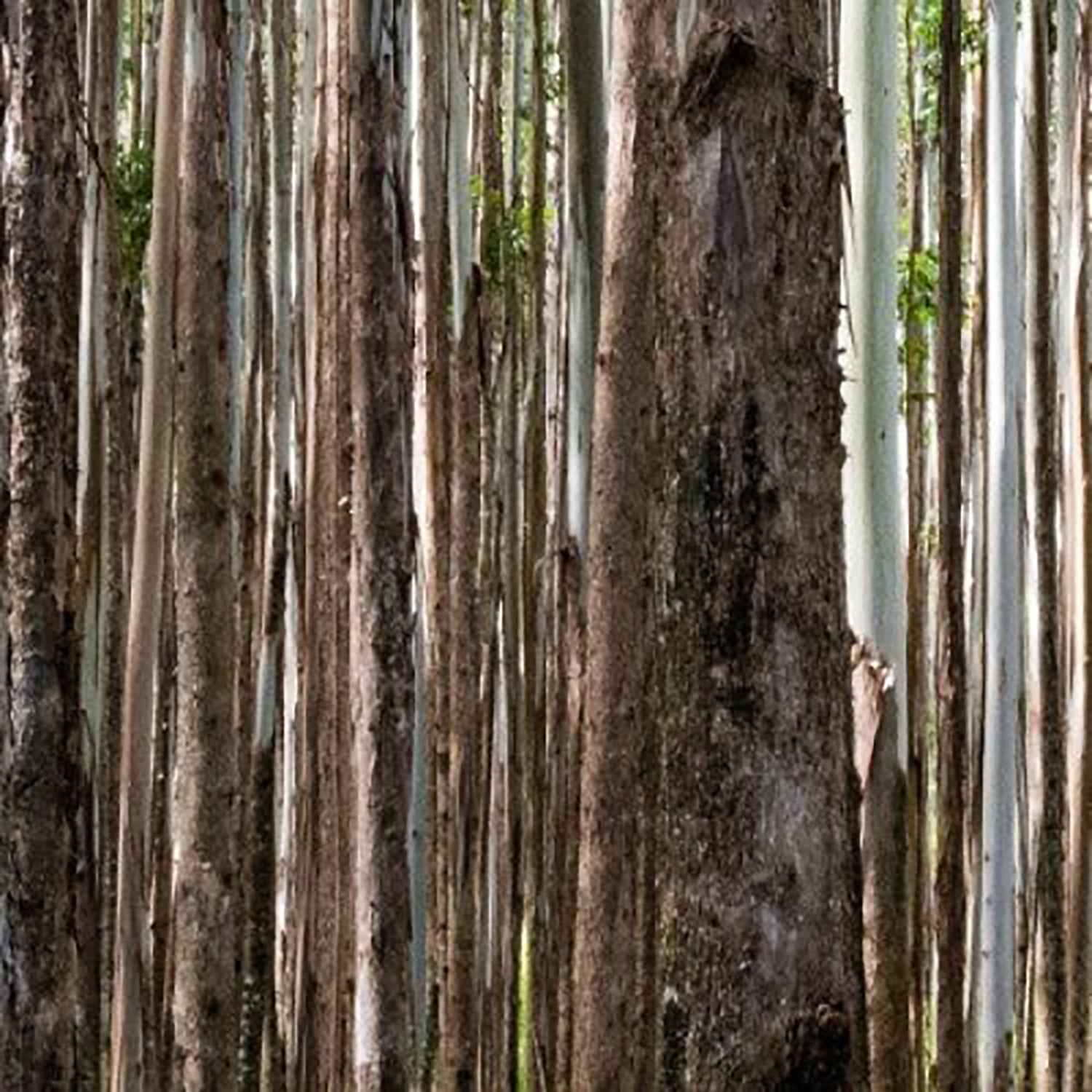
Why TENCEL™ Lyocell is considered environmentally friendly
But what makes the eucalyptus fibre production process revolutionary is the complete recycling of the solvent used, which is recovered almost 100% , while the remaining emissions, very limited, are degraded in biological purification plants.
For this reason, the production process has been awarded the “European Award for the Environment” by the European Union. Furthermore, the solvent used belongs to the amino acid family and is also used in body care products. The absence of risks of the solvent has been proven in the dermatological and toxicological fields.
What's more, TENCEL™ Modal wicks moisture more efficiently than conventional materials. This leads to superior levels of breathability and thermoregulation .
The fibers are also highly versatile, leading to a flexibility and longevity beyond that normally offered by a natural fabric.
Beech not only gives fabrics a soft feel, but also greater durability than traditional cotton. When washed in hard water, it does not retain minerals such as limescale and shrinks and discolors much less than cotton.

Hypoallergenic and bacteriostatic
In every piece of clothing made of eucalyptus fiber you can feel a bit of nature. Soft as silk but resistant as polyester, this natural fiber is also extraordinarily breathable. By means of nano-fibrils, the eucalyptus fiber stores moisture and then quickly releases it into the environment. This function provides a very pleasant thermal compensation on the skin that makes the fabric warm in winter and cool in summer.
TENCEL™ Lyocell is commonly used as a substitute for cotton or silk.
Every choice makes a difference
TENCEL™ Lyocell fibers help maintain environmental balance through circular production , where 99% of the synthetic products used are recovered. These fibers come from wood that is not treated with fertilizers and pesticides, are derived from renewable sources and are certified as compostable and biodegradable.
In addition to this, TENCEL™ Lyocell boasts a low environmental impact. To give an idea of how little impact the production of this material has, we analyzed the consumption needed to produce 250 grams of conventional cotton fiber with traditional practices and 250 grams of TENCEL™ Lyocell fiber with innovative practices. Comparing the data, you can see how even a single TENCEL™ Lyocell garment can significantly contribute to savings in terms of natural resources, such as water, CO2 and land.
Consumption:
Water consumption*:
CO2 consumption*:
Land used*:
Traditional cotton
1,430 liters
0.75 Kg
3.40 square meters
TENCEL™ Lyocell
66 liters
0.52 Kg
0.54 square meters

How to care for your TENCEL™ Lyocell garments
Like all natural fibers, eucalyptus fiber needs care and love. We recommend hand washing or machine washing at 30°C, selecting a delicate program.
To avoid rubbing with hard fabrics such as jeans or synthetic fabrics we also recommend washing our garments in a cotton gauze bag or underwear washing bags in the washing machine.
Furthermore, considering the incredible softness of the fabric, we do not recommend the use of chemical softeners and suggest the use of natural products or to completely forgo additives.



